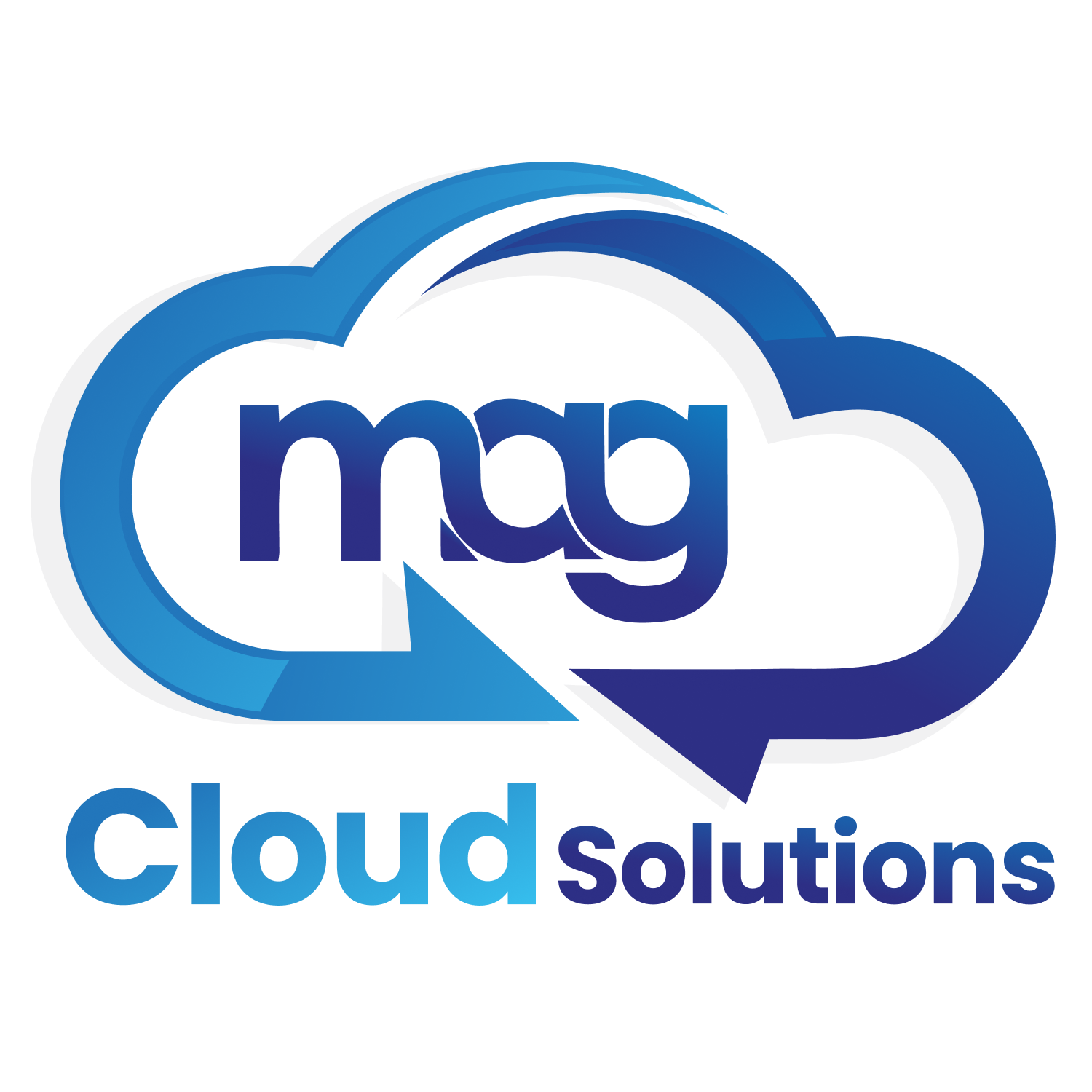The demand for efficient, scalable, and maintainable solutions is paramount in today’s rapidly evolving web development landscape. The MERN stack has emerged as a popular choice among developers and enterprises aiming to build dynamic web applications. This comprehensive guide delves into the MERN stack’s components, its advantages, and how Mag Cloud Solutions leverages this technology to deliver top-notch web solutions.
What is the MERN Stack?
The MERN stack is a collection of four key technologies that work synergistically to facilitate end-to-end web application development using JavaScript. The acronym MERN stands for:
1 MongoDB: A NoSQL database that uses adaptable documents that resemble JSON to store data.
2 Express.js: A lightweight web application framework for Node.js that simplifies server-side development.
3 React: A front-end JavaScript library developed by Facebook for building user interfaces, particularly single-page applications.
4 Node.js: A JavaScript runtime that allows developers to execute JavaScript code on the server side.
By integrating these technologies, developers can construct full-stack web applications with a unified language—JavaScript—ensuring seamless communication between the client and server.
Components of the MERN Stack
1. MongoDB
MongoDB is a schema-less, document-oriented database that offers flexibility and scalability. Unlike traditional relational databases, MongoDB stores data in BSON (Binary JSON) format, allowing for dynamic schemas and making it ideal for applications with evolving data structures.
Key Features:
1 Scalability: Handles large volumes of data with ease.
2 Flexibility: Supports various data types without predefined schemas.
3 High Performance: Optimized for read and write operations.
2. Express.js
Express.js is a minimalistic web framework for Node.js, designed to build robust web applications and APIs. It streamlines server-side development by providing a suite of powerful features and middleware.
Key Features:
1 Simplified Routing: Manages different HTTP routes efficiently.
2 Middleware Support: Facilitates request processing pipelines.
3 Lightweight: Minimal overhead, ensuring fast performance.
3. React
React is a widely used front-end library for building interactive user interfaces. It promotes the creation of reusable UI components, enhancing development efficiency and code maintainability.
Key Features:
1 Component-Based Architecture: Encourages modularity and reusability.
2 Virtual DOM: Optimizes rendering performance.
3 Unidirectional Data Flow: Simplifies data management and debugging.
4. Node.js
The server-side platform Node.js is based on the V8 JavaScript engine seen in Chrome. It enables developers to use JavaScript for server-side scripting, unifying the development language across the stack.
Key Features:
1 Asynchronous and Event-Driven: Handles multiple operations concurrently.
2 Fast Execution: Leverages the V8 engine for high-speed code execution.
3 NPM Ecosystem: Access to a vast repository of open-source libraries and tools.
Advantages of Using the MERN Stack
1 Single Language Across the Stack: Utilizing JavaScript for both client and server sides streamlines development and reduces context switching.
2 Cost-Effective: The open-source nature of all four technologies minimizes licensing costs.
3 Scalability: Each component is designed to handle large-scale applications, ensuring the stack can grow with your business needs.
4 Active Community Support: Extensive documentation and a vibrant developer community provide ample resources for troubleshooting and learning.
How Mag Cloud Solutions Leverages the MERN Stack
At Mag Cloud Solutions, we harness the power of the MERN stack to deliver robust and scalable web applications tailored to our clients’ unique requirements. Our expertise in each component ensures that we build solutions that are not only efficient but also maintainable and future-proof.
Our Approach:
1 Requirement Analysis: Understanding client needs to design a solution architecture that aligns with their business objectives.
2 Agile Development: The iterative development process with continuous feedback loops ensures timely delivery and adaptability to changing requirements.
3 Quality Assurance: Rigorous testing protocols to guarantee application reliability and performance.
4 Post-Deployment Support: Ongoing maintenance and updates to keep applications running smoothly and securely.
Conclusion
The MERN stack offers a comprehensive framework for developing modern web applications with efficiency and scalability. By integrating MongoDB, Express.js, React, and Node.js, developers can create seamless, full-stack solutions using a single programming language. At Mag Cloud Solutions, our proficiency with the MERN stack enables us to deliver exceptional web development services, driving success for our clients in the digital landscape.
For more information on how we can assist with your web development needs, visit our website or contact us directly.






